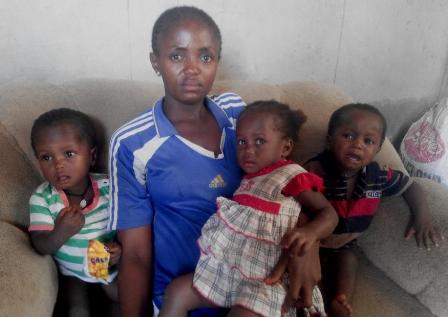- Mother of triplets narrates experience


Community leader, Danjuma Gejere, said a river which had been the only source of water for his forefathers had been polluted by human faeces and other wastes. Residents no longer make use of them, but would rather seek water from other unsafe sources such as wells among others.


